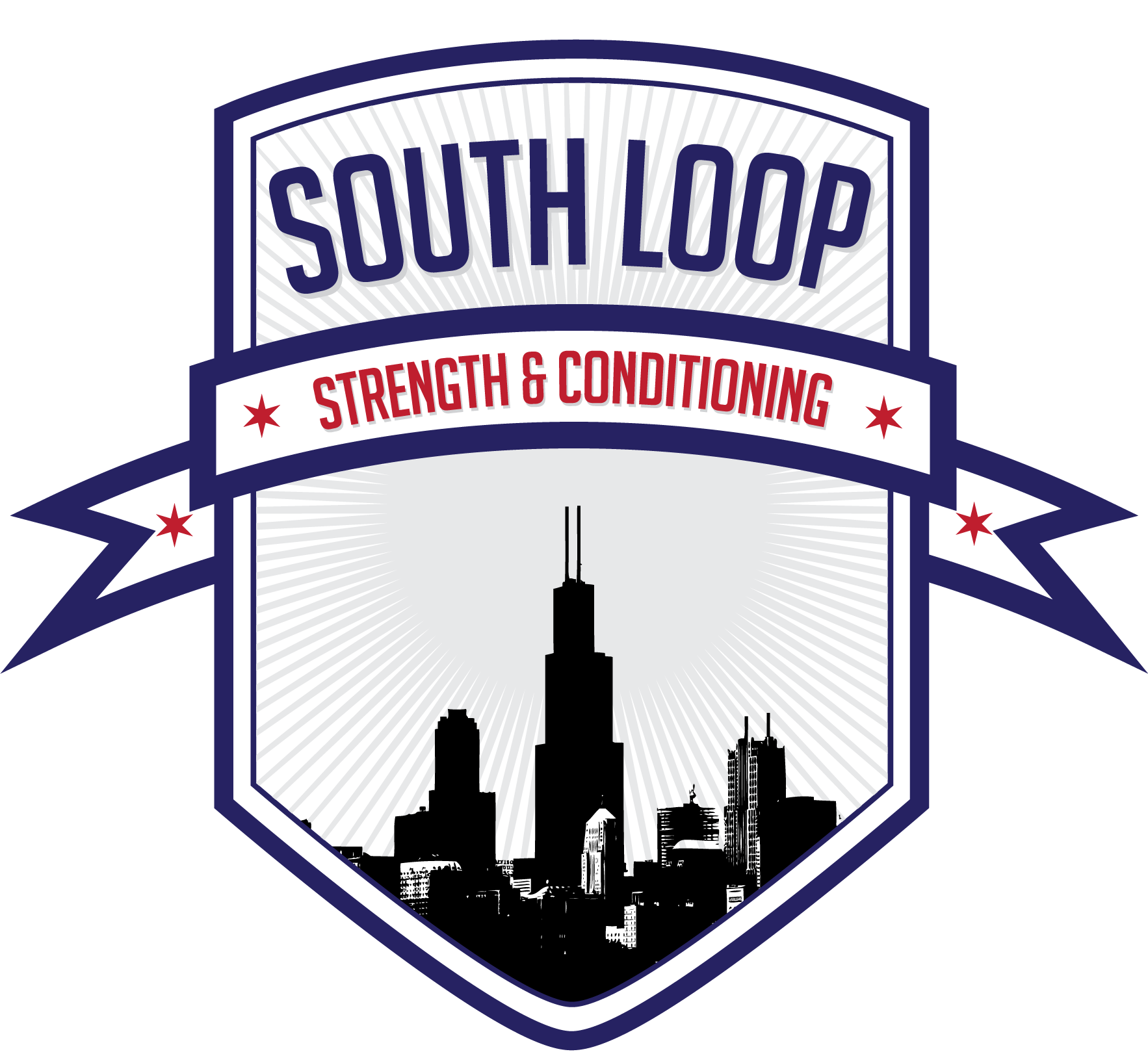
We all know the drill sergeant mentality of "no pain, no gain." But, mental toughness in a sport like CrossFit doesn't just mean the ability to endure discomfort – it means the ability to stay present, focus on the feelings in your body, and be gentle on yourself in your training.
I got together with Heather Shannon from Health & Wellness Counseling Associates of Chicago – aka HWCA – to discuss some of these concepts.
Heather is an expert in mindfulness, and there are some amazing parallels between the mental techniques that she teachers her clients to overcome anxiety and depression, and the mindset that elite athletes take to maximize their performance and get out of their own way.
In this first video, we discuss the "ego" in the context of Instagram quoteboard fodder like "leave your ego at the door." It's popular to say things like this – but what does it actually mean?
The real discussion here centers around the question of how expectations can hurt your performance – and how to iterate moment to moment based upon how you're feeling and what your expectations of your performance are.
We also discuss the process of physical learning – and how our mental chatter can disrupt our ability to truly feel our bodies in motion.
Elite performance doesn't come from having a super detailed mental checklist and knocking everything off the list. It comes from a learned intuition and a capacity to tune out excess noise and to put blinders on our internal dialogue.
Many driven athletes and Type A personalities are extremely hard on themselves – and they see this as a requirement for their success and continued improvement.
They see themselves as the antithesis to the typical lazy masses, who are unproductive, unreliable, and never seem to get better at anything.
However, this is a false dichotomy. While being hard on yourself may be better than having a total lack of commitment to long-term progression, it's not simply a choice between these two paths.
Those who learn the capacity to be gentle on themselves can handle setbacks and thrive on challenge – similar in nature to the concepts Carol Dweck discusses in her book Mindset.

